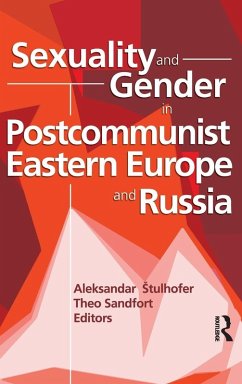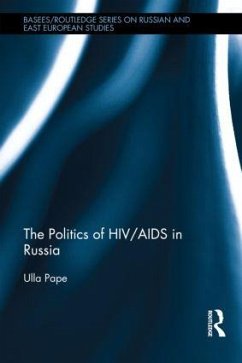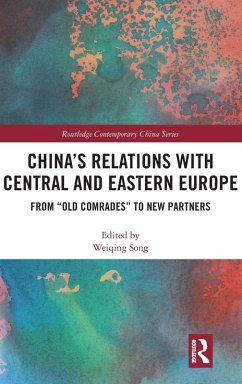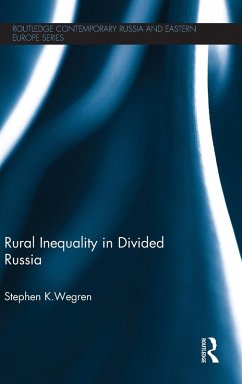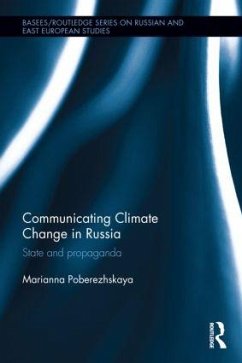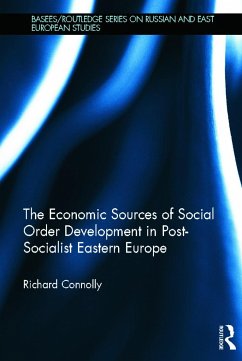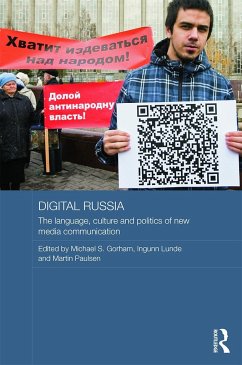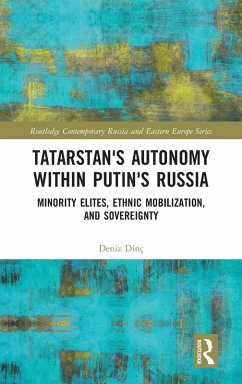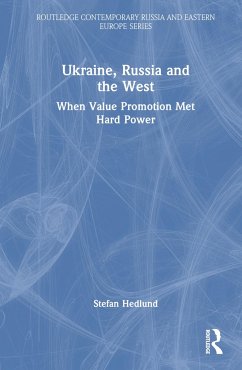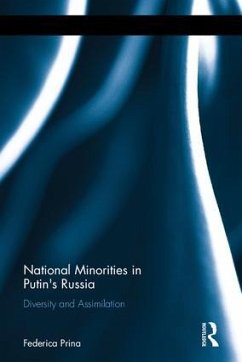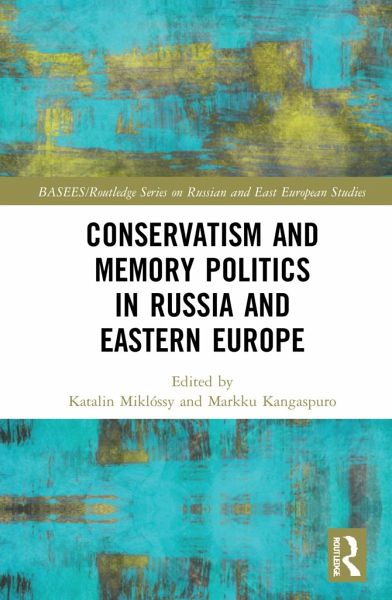
Conservatism and Memory Politics in Russia and Eastern Europe
Versandkostenfrei!
Versandfertig in 1-2 Wochen
168,99 €
inkl. MwSt.

PAYBACK Punkte
84 °P sammeln!
This book discusses the diverse practices and discourses of memory politics in Russia and Eastern Europe. It argues that currently prevailing conservativism has a long tradition, which continued even in Communist times, and is different to conservatism in the West, which can accommodate other viewpoints within liberal democratic systems. It considers how important history is for conservatism, and how history is reconstituted according to changing circumstances. It goes on to examine in detail values which are key to conservatism, such as patriotism, Christianity and religious life, and the tra...
This book discusses the diverse practices and discourses of memory politics in Russia and Eastern Europe. It argues that currently prevailing conservativism has a long tradition, which continued even in Communist times, and is different to conservatism in the West, which can accommodate other viewpoints within liberal democratic systems. It considers how important history is for conservatism, and how history is reconstituted according to changing circumstances. It goes on to examine in detail values which are key to conservatism, such as patriotism, Christianity and religious life, and the traditional model of the family, the importance of the sovereign national state within globalization, and the emphasis on a strong paternal state, featuring hierarchy, authority and political continuity. The book concludes by analysing how far states in the region are experiencing a common trend and whether different countries' conservative narratives are reinforcing each other or are colliding.



